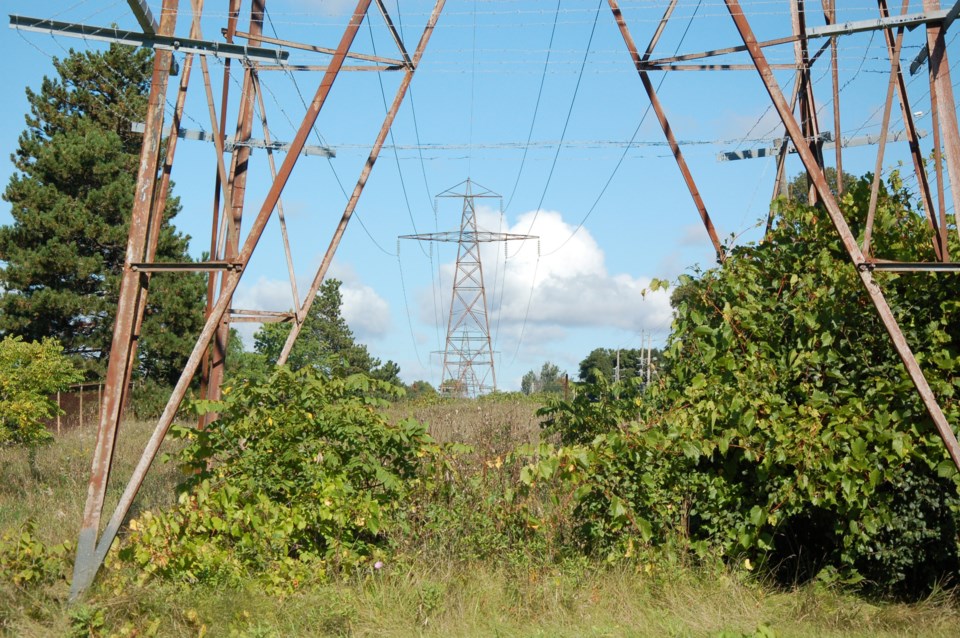City officials are hoping the community will follow suit when it comes to reducing greenhouse gas (GHG) emissions, setting new targets for 2026 and 2030 with an eye toward becoming a net-zero community ahead of 2050.
As part of the council’s Race to Zero campaign pledge approved last December, the interim city operation targets were released Friday in an information report to council.
Previously, such interim emission reduction targets didn’t exist – they’re something local environmental groups and advocates have been calling for to help keep track of progress made and what’s still to be done.
"Although corporate GHG emissions are a relatively small portion (of overall community GHG emissions) there remains an important role for the corporation,” states the report, suggesting the city’s role is to “lead by example” through targeting its own emissions, as well as to “facilitate” reductions elsewhere in the community.
The report notes city operations accounted for 2.2 per cent of Guelph’s overall GHG emissions in 2020, which saw a collective 775,887 tonnes of CO2 equivalent released into the environment by local business, residences, motor vehicles and industry.
The breakdown for that year’s local GHG sources is: 23 per cent residential buildings, 24 per cent institutional/commercial buildings, 24 per cent industrial operations and 26 per cent transportation.
GHG emissions were “noticeably” down in 2020 as a result of the pandemic, the report states.
Overall community emissions reached 929,859 tonnes of CO2 equivalent in 2018, which is now the benchmark year for comparison. A year later that number was down slightly at 939,014 tonnes of CO2 equivalent.
“The City of Guelph has a history of environmental leadership. However, it is no surprise that climate action has taken a backseat to the pandemic,” states a news release from eMERGE Sustainability Guelph ahead of the report. “Understandably, the priorities of the city shifted. We now need the same immediacy for more climate action. If we don’t pay now, we will pay more later.
“Climate change will make economic struggles worse for us in Guelph. Investment in climate change is vital to our economy and in sustaining our future.”
As of 2021, the city reduced its emissions by 9.9 per cent, with a 25 per cent target for 2026 and a 2030 target of 63 per cent.
Those reductions are to be achieved through a combination of facility energy retrofit efforts, requiring new facilities to be designed to curtail emissions, renewable energy generation, and establishing a “low/zero emissions” vehicle fleet, the report explains.
Some of that work has already been approved in the city’s 2022 and 2023 budget. Additional work is to be included in upcoming budgets and financial forecasts.
